Huawei is planning to start mass producing its most advanced artificial intelligence (AI) chips in the first quarter of 2025, despite difficulties in increasing chip productivity.
Chinese technology company Huawei plans to start mass producing its most advanced artificial intelligence (AI) chips in the first quarter of 2025, despite difficulties in increasing chip productivity due to US sanctions.
 |
| Huawei plans to mass produce Ascend 910C chip in early 2025 |
Huawei has sent some samples of the Ascend 910C chip to some customers and started taking pre-orders. The new chip is manufactured by China’s largest foundry, SMIC, using the N+2 process, but the lack of advanced lithography machines means the yield (the success rate of producing chips on a wafer) is only 20%.
Meanwhile, modern chips need to achieve a yield of more than 70% to be commercialized. Even Huawei's most advanced processor, the 910B, manufactured by SMIC, only achieves a yield of about 50%, forcing Huawei to cut production targets and delay order fulfillment.
ByteDance, TikTok’s parent company, reportedly ordered more than 100,000 Ascend 910B chips this year, but had received just under 30,000 units by July. Other Chinese tech companies have complained about similar problems.
China has been unable to buy EUV printers from ASML of the Netherlands due to the US embargo in 2020. ASML also stopped selling DUV deep ultraviolet lithography machines to the country following US export restrictions last year. With no short-term solution, Huawei is prioritizing institutional and government orders.
US authorities are also planning export controls on the semiconductor industry and further restricting exports to Chinese companies. Moreover, President-elect Donald Trump’s return to the White House in January 2025 will also pose additional difficulties for China, as he has implemented tough trade policies with Beijing.
Source




![[Photo] Overcoming all difficulties, speeding up construction progress of Hoa Binh Hydropower Plant Expansion Project](https://vstatic.vietnam.vn/vietnam/resource/IMAGE/2025/4/12/bff04b551e98484c84d74c8faa3526e0)

![[Photo] Closing of the 11th Conference of the 13th Central Committee of the Communist Party of Vietnam](https://vstatic.vietnam.vn/vietnam/resource/IMAGE/2025/4/12/114b57fe6e9b4814a5ddfacf6dfe5b7f)

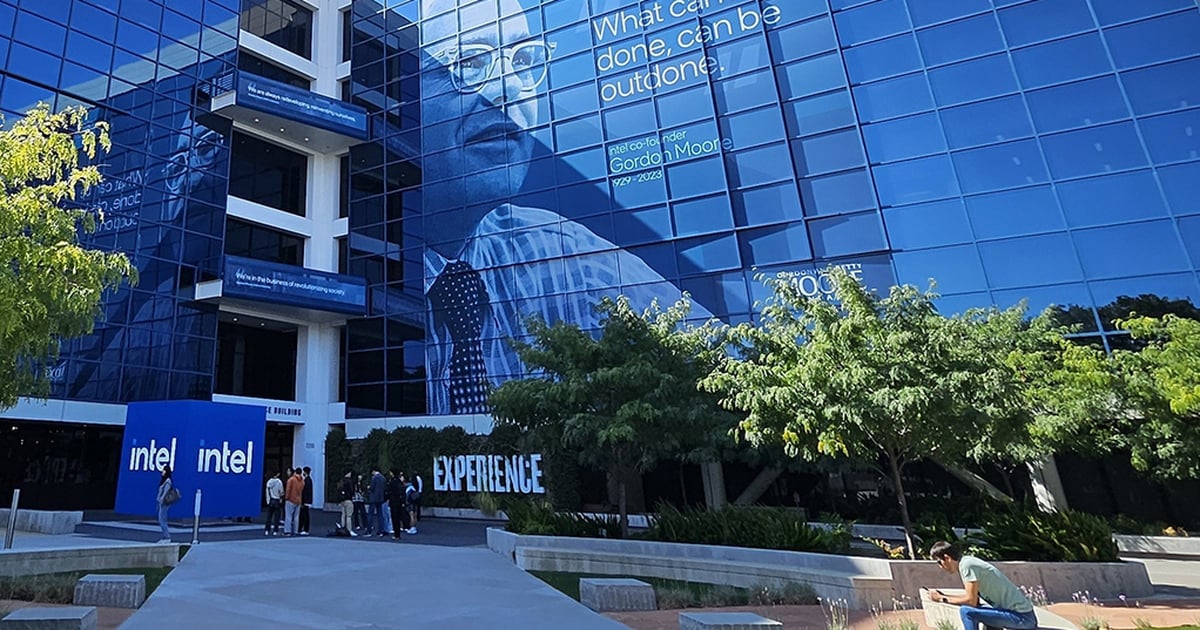



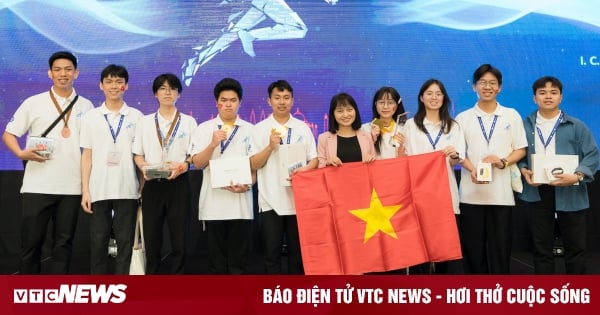

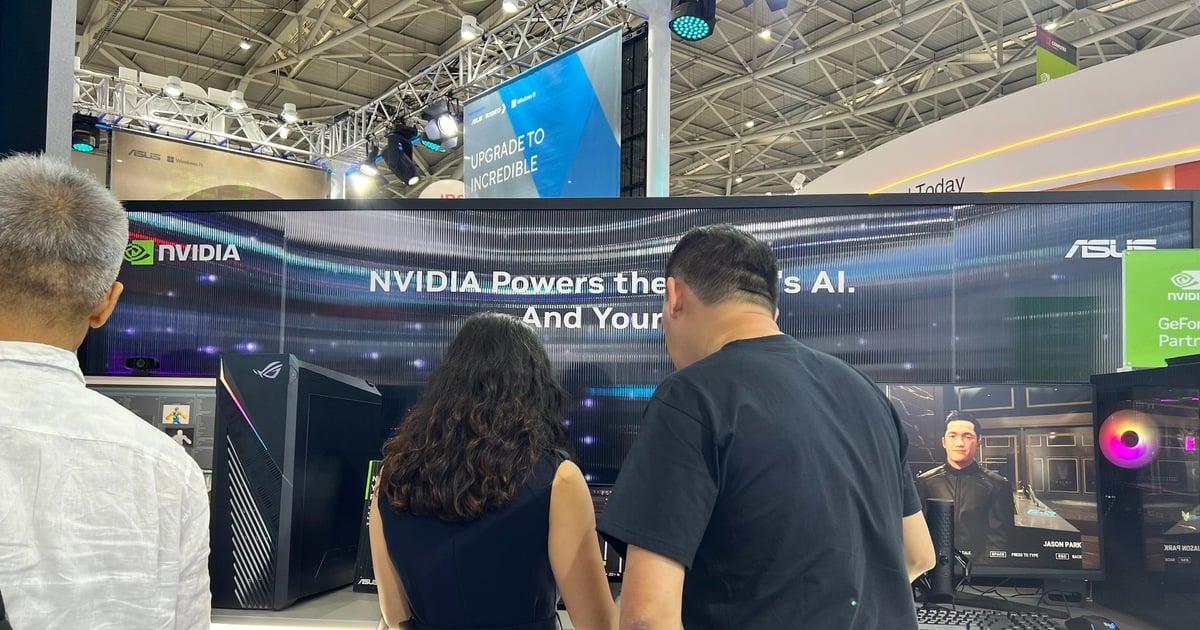

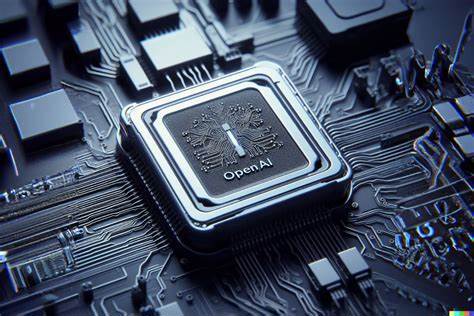


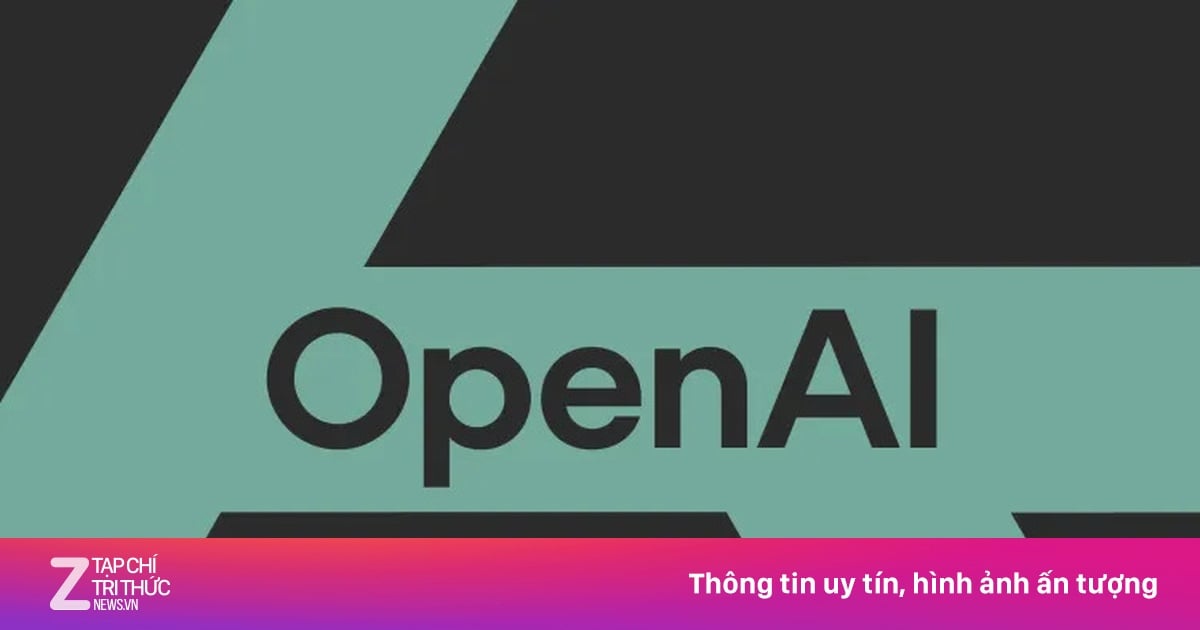



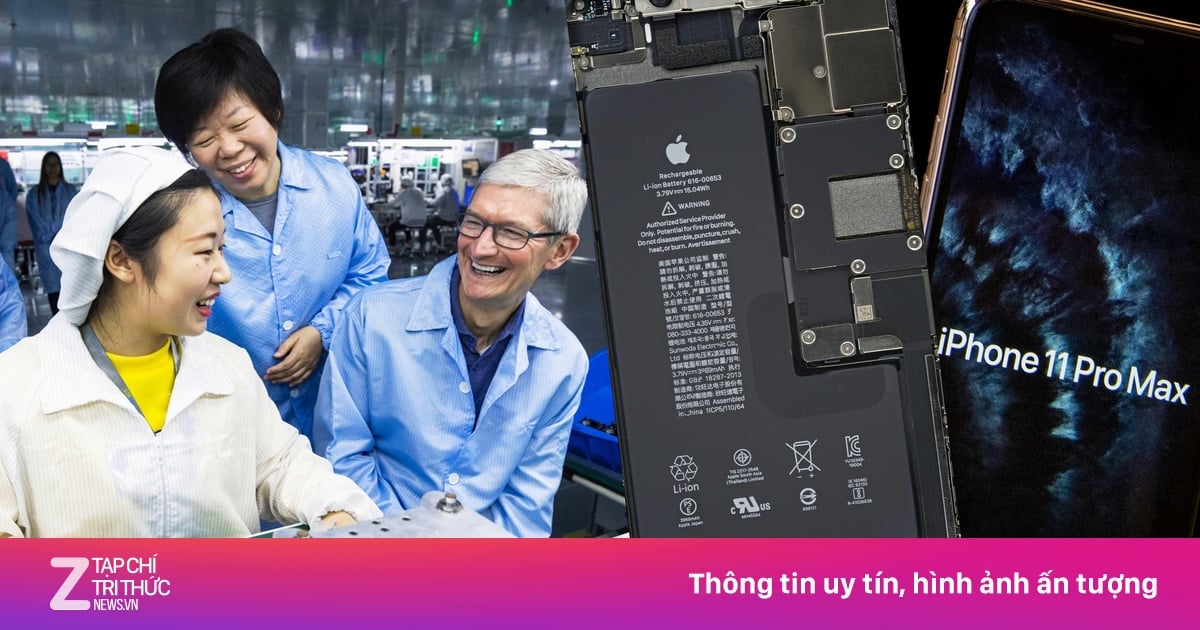



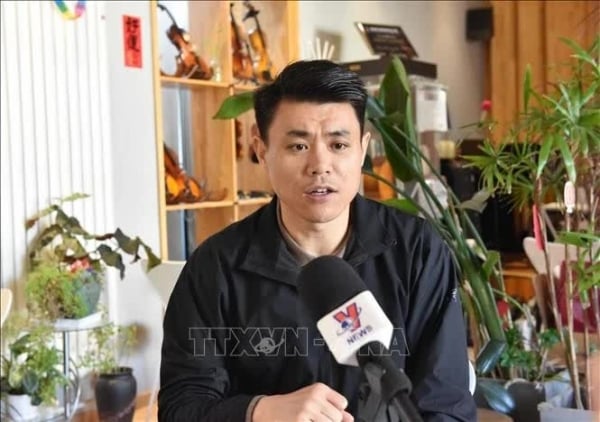

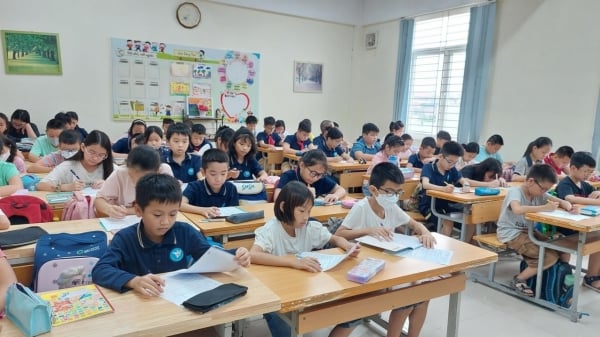
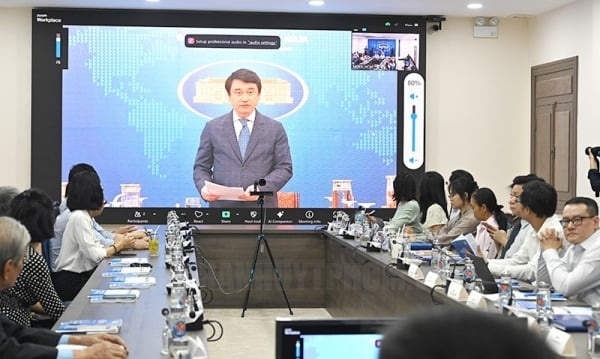

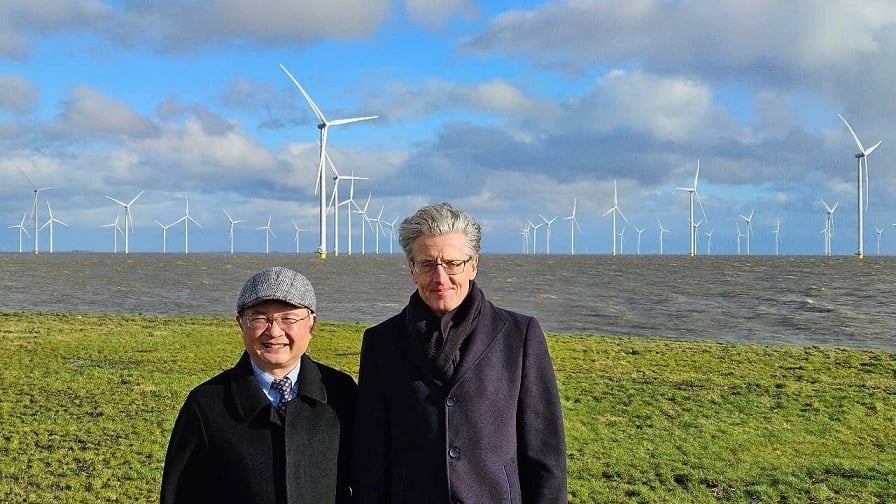













































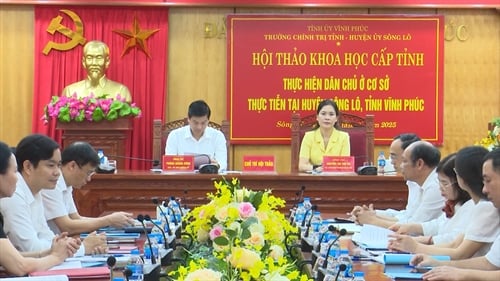


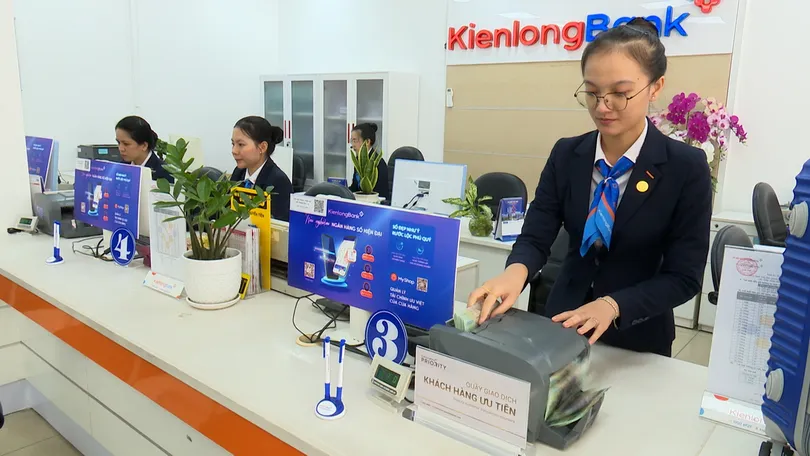
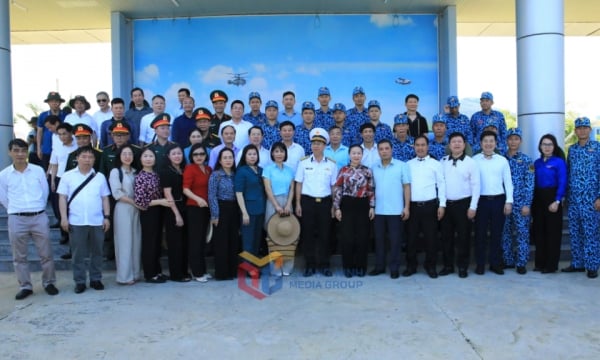


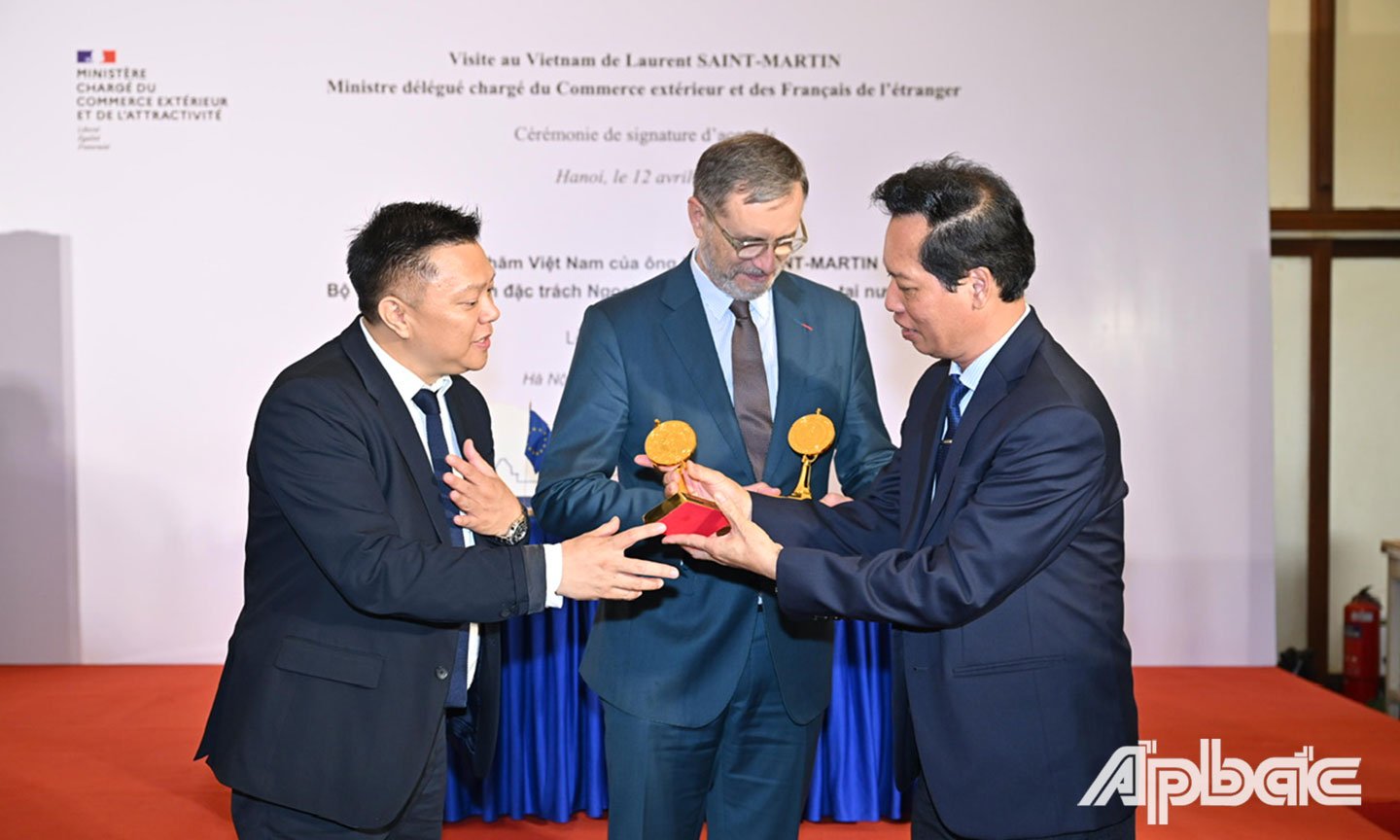












Comment (0)